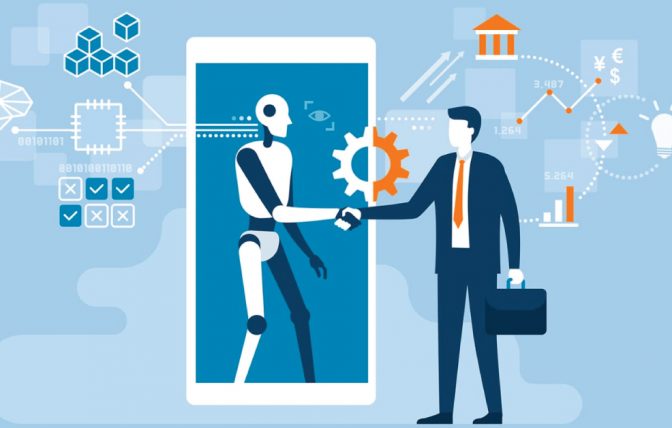

The travel industry has always been focused on providing exceptional experiences to customers. In today’s marketplace, offering personalized services and experiences has become a key factor for success. According to Smart Insights, more than half of customers are likely to stop buying from brands that use poor personalization tactics. To stay ahead of the competition, travel brands are increasingly turning to artificial intelligence (AI) and machine learning (ML) to deliver highly personalized and seamless travel experiences.
AI and ML technologies have revolutionized the way travel companies operate by enabling them to analyze vast amounts of data and make real-time decisions. By leveraging AI and ML, travel brands can better understand their customers’ preferences, anticipate their needs, and provide tailored recommendations and offers. Here are some key areas where AI and ML are transforming the future of personalization in the travel industry.
AI-powered chatbots and virtual assistants can provide personalized assistance to travellers throughout their journey. These intelligent systems can understand natural language, answer queries, and offer recommendations based on individual preferences and travel history. This level of personalization enhances the overall customer experience and helps build stronger relationships with travellers.
AI algorithms can analyze customer data, including past bookings, preferences, and online behaviour, to create personalized travel recommendations. By understanding individual preferences for destinations, accommodations, activities, and dining, travel brands can curate customized itineraries that cater to each traveller’s unique interests and needs.
AI and ML algorithms can analyze market trends, historical data, and customer behaviour to optimize pricing strategies. By dynamically adjusting prices based on demand and supply, travel companies can offer competitive rates to customers while maximizing their own revenue. Additionally, AI-powered systems can provide personalized offers and discounts to individual customers, increasing the likelihood of bookings and customer loyalty.
AI can assist travellers in managing their itineraries by providing real-time updates on flight delays, gate changes, and other relevant information. By integrating AI with travel apps and platforms, travellers can receive personalized notifications and recommendations based on their preferences and travel plans. This level of assistance and convenience enhances the overall travel experience and reduces stress for travellers.
AI-driven facial recognition technology is being used to enhance security and streamline various processes within the travel industry. From check-in and boarding to security checkpoints and immigration, facial recognition systems can expedite the travel process while maintaining high levels of security and personalization.
The adoption of AI and ML in the travel industry is still in its early stages, but the potential for transformative impact is significant. While some sectors have been quicker to adopt AI, such as financial services and automotive industries, the travel industry is catching up rapidly. The advancements in AI and ML technologies enable travel companies to process vast amounts of data, gain valuable insights, and deliver personalized experiences at scale.
However, it is important to strike a balance between automation and maintaining the human touch in the travel industry. While AI and ML can offer remarkable personalization, the human element and genuine interactions are essential for creating memorable travel experiences